Fuel livesaving advancements, all year round! Give Monthly →
“The Dan L Duncan Comprehensive Cancer Center is lucky to have dedicated supporters like you in our community. Over the last year, you have helped us reach more patients, increase our research funding to improve therapies, train future physician-scientists and spread awareness about our cancer programs. Thank you for your commitment to our efforts.”
Pavan Reddy, M.D.
Director and Senior Associate Dean of Cancer Programs
Dan L Duncan Comprehensive Cancer Center
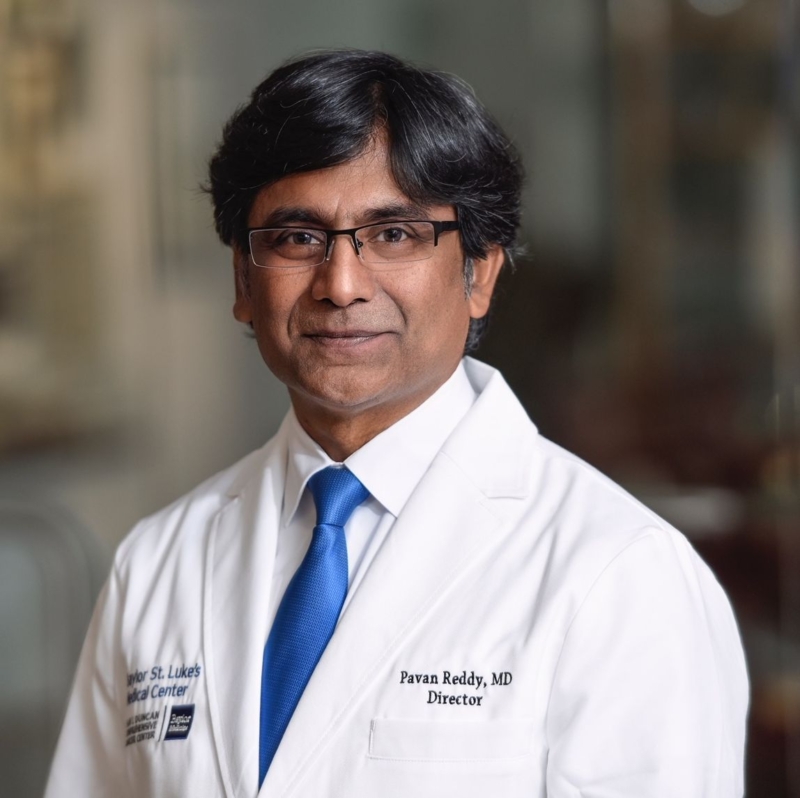
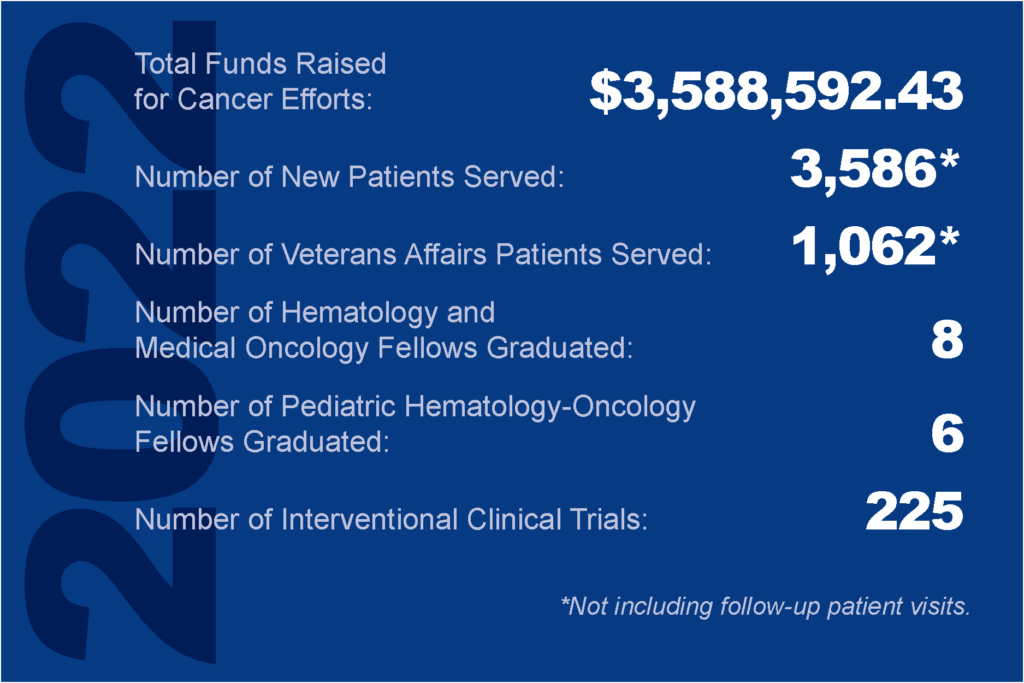
*The above statistics pertain to calendar year 2022.
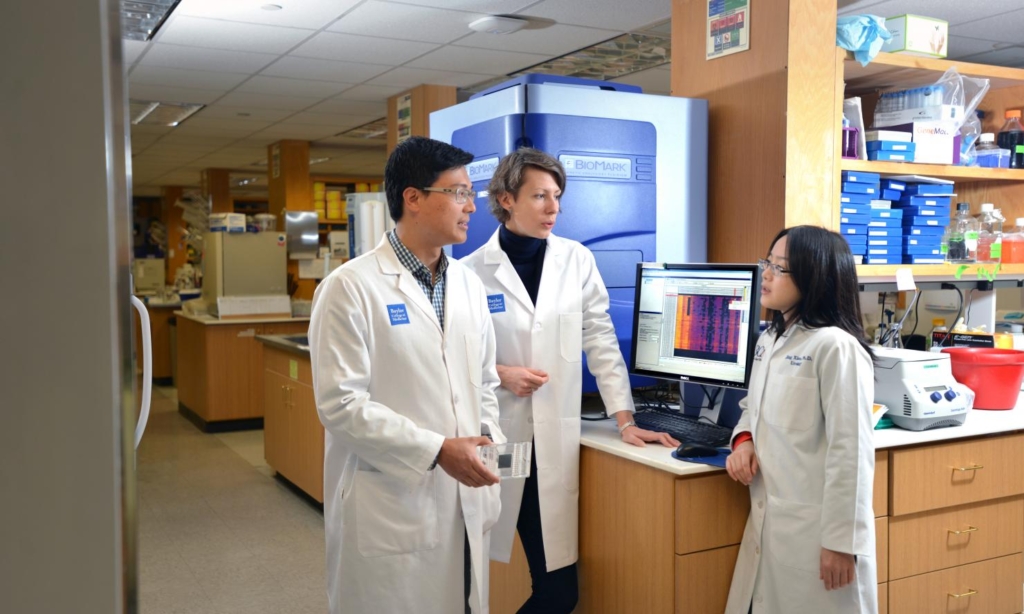
Your gift provides crucial funds for research programs that are essential to gaining a better understanding of cancer among several populations to inform new therapies. Some particularly important investigations at the Duncan Cancer Center in this past year were:
Your support also helps the Duncan Cancer Center recruit brilliant fellows who train under Baylor’s world-leading cancer experts. This addresses a critical need for more knowledgeable physician-scientists who can translate their research into tangible improvements in patient care. Two fellows of note are Marcus Florez and Rachel Curry.
Marcus Florez is an M.D./Ph.D. student in the lab of Katherine King, M.D., Ph.D. His work in clonal hematopoiesis – when a cell starts making other cells with the same genetic mutation – resulted in two key publications about hematopoietic cells that adapt to environmental changes and how the process is activated. He also worked with Vlad Sandulache, M.D., Ph.D., and Jan Kemnade, M.D., Ph.D., on a project related to disparities in health outcomes when using the body’s immune system to target head and neck cancer and lung cancer.
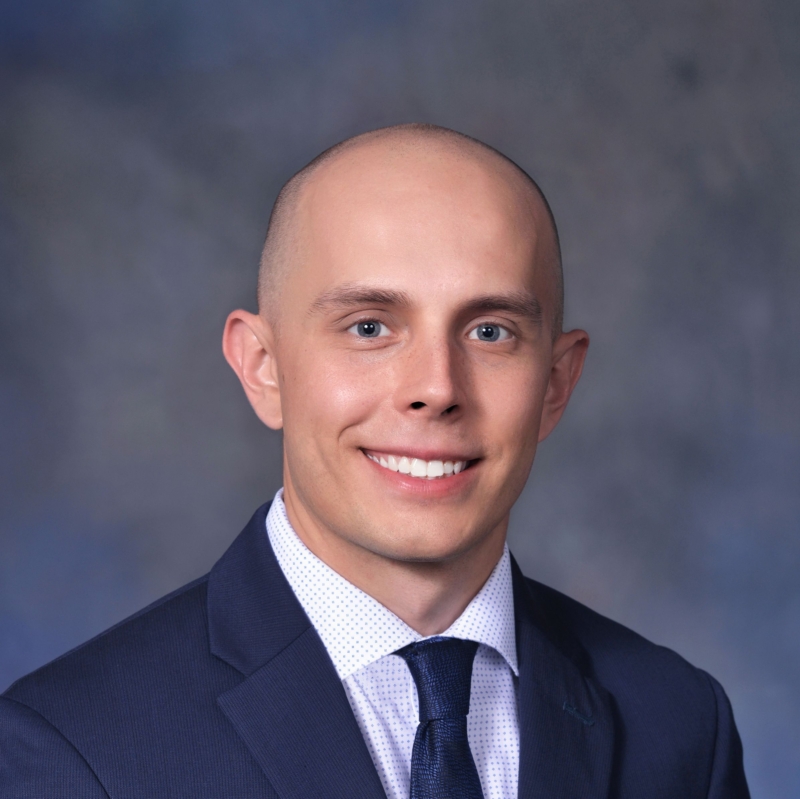

Rachel Curry, a Ph.D. candidate in the lab of Benjamin Deneen, Ph.D., is a cancer and cell biologist with expertise in malignant brain tumors. She received an F31 NRSA fellowship and an F99/K00 fellowship from the National Cancer Institute to study early genomic and epigenomic events that culminate in malignant transformation in pediatric brain tumors. Recently, she published a paper in Neuron about uncovering the drivers of glioma-related epilepsy. You can read more about this incredible work below.
Your contributions allow Baylor to recruit world-class talent and build new spaces that help us better serve the community. In the last year, the Duncan Cancer Center had many exciting changes, chief among them are the appointment of a new director and the big move to the O’Quinn Medical Tower.
Pavan Reddy, M.D., joined Baylor in 2022 as director of the Duncan Cancer Center. In this leadership role, Dr. Reddy is strengthening the translational research program to turn discoveries into treatments that improve patient health outcomes. You can learn more about Dr. Reddy’s expertise and plan for the Duncan Cancer Center in this news release.
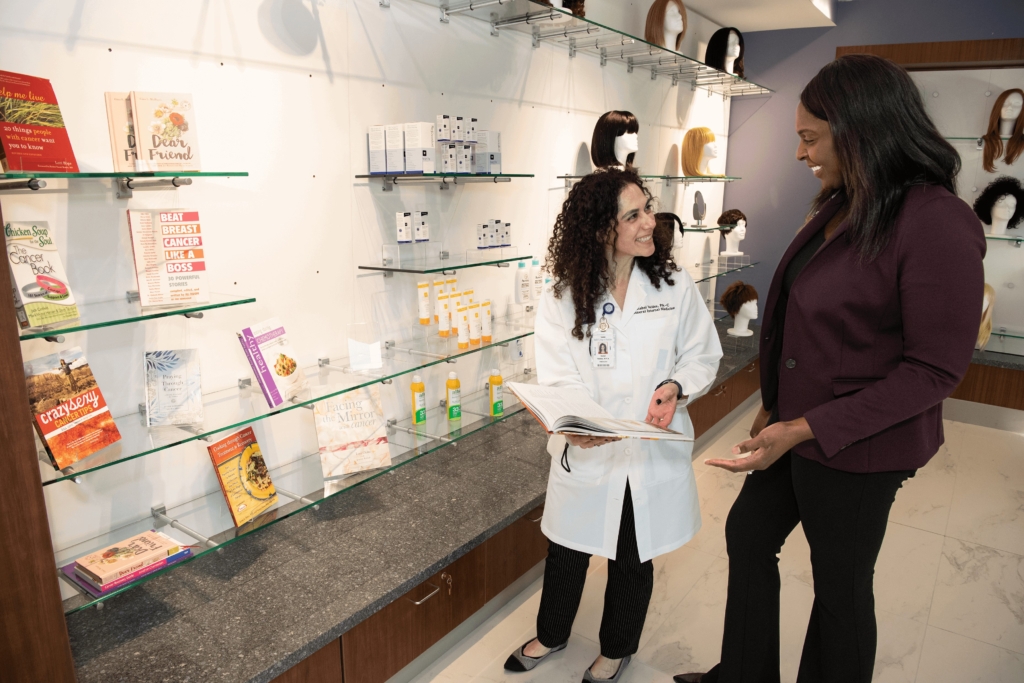
On March 28, Baylor St. Luke’s Medical Center celebrated the opening of the new O’Quinn Medical Tower on Baylor’s McNair Campus. Designed around optimizing the patient experience, the O’Quinn Medical Tower serves as the new home of Duncan Cancer Center and has allowed it to triple in size. This will allow Baylor’s cancer experts to care for more patients and continue to improve care in an environment that promotes healing and well-being. The O’Quinn Medical Tower officially opened to patients in the second week of May. We look forward to bringing hope to more patients and their families.
Jeffrey M. Rosen, Ph.D., a Distinguished Service Professor who holds the Charles C. Bell, Jr. Professorship in Cell Biology, received the William L. McGuire Memorial Lecture Award at the December 2022 San Antonio Breast Cancer Symposium. The award recognized Dr. Rosen’s key contributions to preclinical and translational breast cancer research, particularly in mammary gland biology and endocrinology. At the lecture, Dr. Rosen presented on “Leveraging preclinical models for translational breast cancer research.”
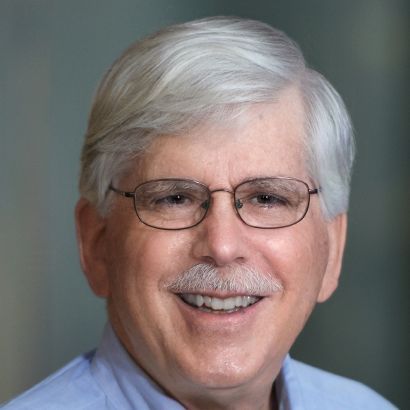
With nearly 2 million new cancer cases in the U.S. last year, your commitment to cancer education, research and care at Baylor is more important than ever. Together, we’re making the Duncan Cancer Center and the Smith Breast Center destinations for patients, physician-scientists and trainees. Thank you for investing in our cancer programs. To learn more about our efforts, click here.